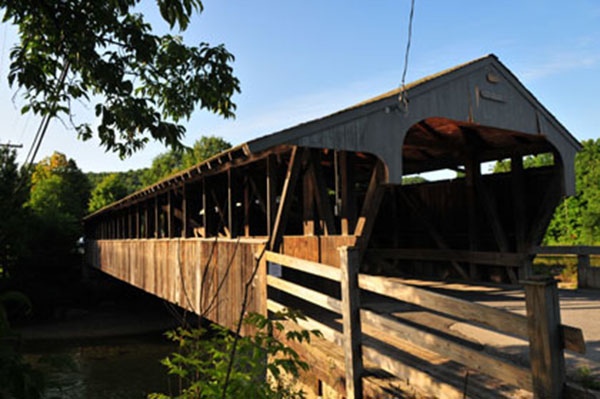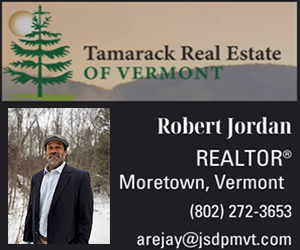The Valley Reporter reached out to the three candidates seeking a seat on the Waitsfield Select Board for a telephone interview. The candidates, Rob Schonder, Brian Shupe and Sal Spinosa, did not have the questions in advance and were allowed up to one minute per answer. Here is the first half of the interviews. The second will run next week.
VR: Given Vermont’s aging demographic and workforce shortages, what can Waitsfield do to help the town attract younger people and families?
Schonder: I think that the town has the ability to incentivize young families to move to Waitsfield and take a leadership position in the state, as a leader for the state to create these initiatives.
Shupe: To a certain extent The Valley has bucked the trend with regard to the demographic challenges facing the state by creating and maintaining a high quality of life, a positive economic climate and good schools. But we need to do more to promote affordable housing, make sure that young families are welcomed and can live in the community and make sure that we maintain our quality of life.
Spinosa: That’s kind of a tricky question. I’ve heard this before about how we get the population configured in a way that’s more useful to The Valley. It is kind of tricky. I think two things come to mind. First, a lot of this is about housing. People aren’t going to be someplace where they can’t afford the housing, so we all know, not just this area but the state has an issue and the country has an issue with respect to affordable housing. Second is to ensure that the education system is as good as it can be. So, people coming here want to know their kids are being educated. It’s pretty simple stuff. The absence of it sends them away and if we become known, which I think we are known for offering a good education, it will be attractive to some.
How can zoning be used to facilitate workforce and affordable housing? Do you support the planning commission’s proposed hamlet zoning?
Schonder: I do. I think anything that can be done to create additional workforce housing would be beneficial for The Valley.
Shupe: I’m not familiar with the details of it, but I have been involved in planning for clustered hamlet development in the past. Allowing for denser clustered housing can be an effective way to affordable housing in appropriate locations. But that’s important, appropriate locations. It needs to be balanced with maintaining our working lands, natural areas and scenic landscape.
Spinosa: I think that I do support what they’ve done. They’ve been in front of us a couple of times with their plans to create hamlets. It’s really all about, most of it’s about reducing the minimum lot size and that’s been around. I mean, we’ve had that around for a while, just under a different name at this point. I think it does, it makes a lot of sense, especially if you’re supportive of affordable housing, which I am. It makes a lot of sense to work on the lot sizes. That’s what they’ve been doing. We’ve had some discussion about it to ensure that we’re not losing something along the way. My thinking on something like this is every time you take a step forward, you better stop for a minute and try to understand what it is, if anything, that you’re sacrificing.
What can be done at the select board and town level to plan for climate change and climate migration?
Schonder: I think that the town and the select board is already very climate conscious in its decision-making process as well as many of the businesses in The Valley. Sugarbush, for instance, has amazing climate initiatives going on at the resort. Going forward I think you continue going in that direction.
Shupe: That’s a critically important question and we can do a lot. We do need to manage our growth. I believe that climate migration is already occurring. I think we need to be careful because the first wave of climate migrants that we’re already experiencing are going to be affluent people likely from the Northeast who are going to be looking for a safe haven and we provide that. We need to make sure we do not close the door on the second wave, the less fortunate, who follow them. We also need to manage our infrastructure in a way that anticipates the changing weather patterns that we’re already experiencing and we need to right size our culverts and infrastructure. We also need to take a long-term view of our tourism industry and winter recreation. All the forecasts I’ve seen indicate that we’re going to be in a sweet spot for a few years, but ultimately, we’re going to have to adjust to icier, rainier winters.
Spinosa: This is a big issue for me, really big issue. Just about number one in my personal life and I think that the one thing that comes to mind right away is that we should include an element of climate change in all, or as many as we can, of the policies that guide town conduct. We already do that in some of our policies; we take lots of things into consideration. What’s it going to cost, what’s it going to do to traffic, a variety of things. Well climate change, that issue needs to be incorporated just like those others on a regular basis. As I said, we have some policies that specifically include those considerations and I think we should spread them throughout virtually all town policies.







